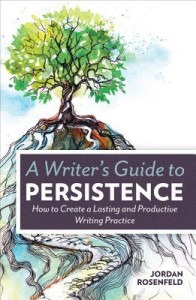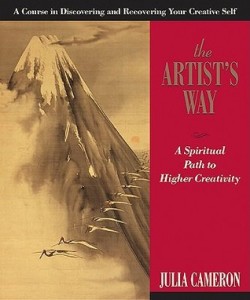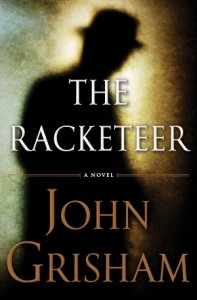Caveat: This is the first Jonathan Kellerman novel I’ve read. It won’t be the last.
Kellerman breaks the mold of most thriller writers. He doesn’t rely on heavy plotting and endless bullets flying. Instead, he focuses on his protagonist, Grace Blades, generating genuine sympathy and concern for an intelligent child born into home of uncaring and abusive parents. Little Grace must find her own sources of food and comfort–the former consists of crumbs and trailer park hand outs; the latter she finds in books. While he has us concerned about poor little Grace, he brings us to her present day, where she is a skilled psychologist at the top of her game, with an eccentric side she keeps hidden.
Who Grace is and how she got there is what drives the reader through most of the book. That, and someone from her past who, under a false name, seeks her out. Someone from her childhood who has connections to an evil day that gives birth to the largest turning point in her life. Someone who is murdered after he leaves her office.
Kellerman weaves a dual timeline together masterfully, keeping the reader intrigued and anticipating what poor little Grace will have to face and how she will heal, while Dr. Blades seeks a killer from her past who is also seeking her. All the while, Kellerman keeps this about Grace Blades, entirely. It is about her actions, thoughts, reactions, planning, feelings, emptiness and sense of justice.
There is much a writer can learn from where he segues, and how he keeps the reader concerned about little Grace when we know she survives to be Dr. Blades. Kellerman manages to transcend his genre with character, while anchoring us with enough immediacy to turn the page and see what’s on the next.
In my opinion, the ending was cut too short. There were a couple of “false starts.” Once, it looked like Grace would be the subject of an investigation but the detective just disappears from the novel. Another time, the threat loomed larger than what it ended up as. Perhaps the worst was that hundreds of complications could’ve arisen, but none of them were explored. This novel succeeded on the journey, not the destination, but it kept me turning the pages until the end, and that is enough for me to read another.





